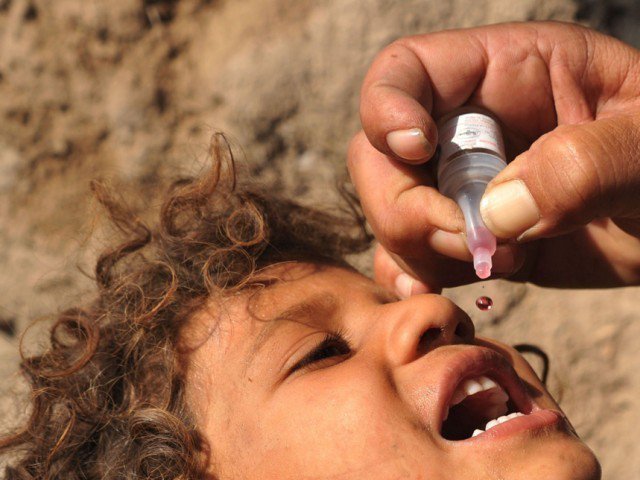
TAG members were briefed by federal and provincial emergency operations centre coordinators on the progress and remaining challenges towards achieving the ultimate goal of eradication.
The meeting brought together experts from government, lead implementing partners including World Health Organisation (WHO), Unicef, senior representatives of the Global Polio Eradication Initiative (GPEI), and representatives of key donor countries.
“It is imperative that all efforts be made not only at technical and operational levels but also at political and administrative levels to redress those pockets of failure, which will seriously hamper our capacity to win this last battle,” WHO Representative Michel Thieren said.
Unicef Representative Angela Kearney said “Unicef remains fully committed to play its role as a GPEI partner under the leadership of the government of Pakistan. All efforts will be made to support front-line workers and their immediate supervisors. But there remain areas where we can and must do better – effective deployment of local, female, well-trained, supervised and motivated staff on the doorstep targeting zero missed children remains the critical determinant of success,” Kearney said.
International Polio Plus Committee Chairman Michael McGovern said Rotary International remains committed in the pursuit of the major public health milestone for both Pakistan and the world. “We have been involved in the polio eradication mission for a long time. We will continue to work with the government of Pakistan and all partners to see that polio transmission stops in Pakistan this year,” he said.
TAG was established to review progress towards polio eradication in specific countries.
Prime Minister’s Focal Person for Polio Eradication Senator Ayesha Raza Farooq briefed the meeting on the implementation of the National Emergency Action Plan (NEAP) in the last year.
“We as partners are now deeply intertwined as we push towards Zero. We will succeed or fail together, but failure is not an option. The Government of Pakistan will remain committed to achieving our collective goal of polio eradication and thanks all our partners for their technical, financial and political support as we approach a significant milestone in global health,” Senator Farooq said.
National Health Services Regulation and Coordination Secretary Muhammad Ayub Sheikh said, “Substantial progress has been made this year. This progress has been built on a very solid foundation of overwhelming political commitment and support, strengthened programme performance and broad community acceptance. We remain on track to interrupt transmission and are fully aware of the remaining challenges and the appropriate strategies and plans to overcome these obstacles.”
Emergency Operations Centre National Coordinator Dr Rana Safdar emphasised that the programme seeks to build on the momentum of the last year as it enters what is hoped to be the last low transmission season. He further outlined the overriding priorities for the National Emergency Action Plan for 2016-2017 through ensuring all children are vaccinated especially the most young in our most high risk districts.
Published in The Express Tribune, June 29th, 2016.
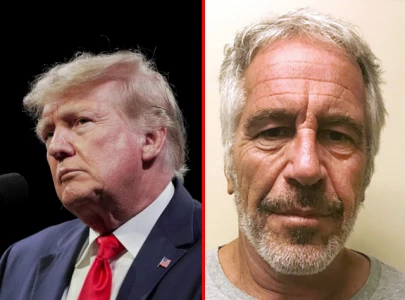









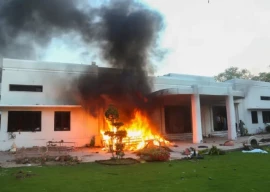
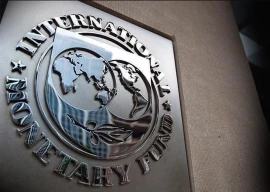

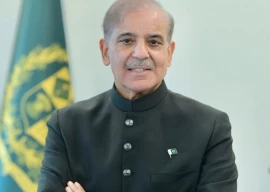









COMMENTS
Comments are moderated and generally will be posted if they are on-topic and not abusive.
For more information, please see our Comments FAQ